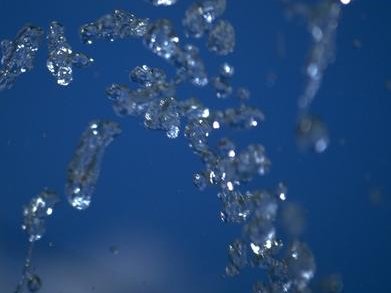School students around the world are invited to explore one of Earth’s most critical resources. The results of their investigations will contribute to a Global Experiment, which will possibly become the biggest chemistry experiment ever.
Experiment modules can be carried out by children of all ages in schools across all continents because they are adaptable to the skills and interests of students, and use equipment that is widely available at little or no cost. Results will be electronically showcased as an interactive global data map at the end of 2011, demonstrating the value of international cooperation in science.
The Global Experiment consists of four experiments in the fields of measurement of water quality and water purification:
- pH of the planet: students collect data measuring the pH of a local water body, using indicator solutions (and pH meters if available).
- Salinity: students explore the salinity of their local water body.
- Disinfection: Students will learn how chemistry is used to help provide safe drinking water.
- Desalination: Students will construct a solar still from household materials and experiment with its use to purify water.
An IUPAC/UNESCO multi-disciplinary task force is overseeing the development and implementation of the global experiment. To mark its support for science education and the future young minds of the chemical industry, Cefic has agreed to act as the secretariat to this task force.
- Watch introductory Video
- The Global Experiment website will be the central source of information both for schools and for other interested groups. It will be interactive and the site for data reporting. More Information will soon be found here or at http://water.chemistry2011.org/
- Tony Wright or Javier Garcia-Martinez
Joint chairs of the Global Experiment Subcommittee of the IUPAC Committee on Chemistry Education and of the IUPAC Global Chemistry Experiment for the International Year of Chemistry project




